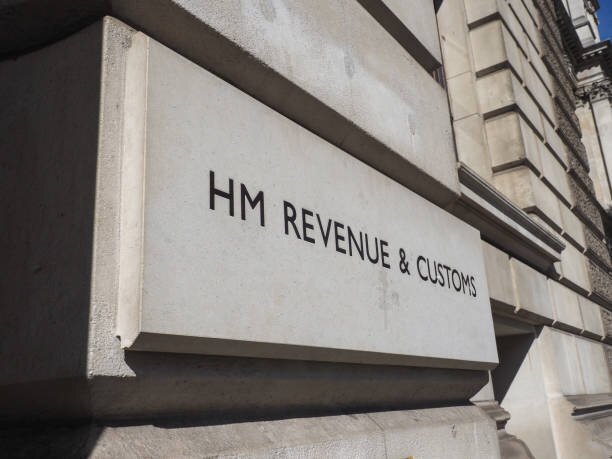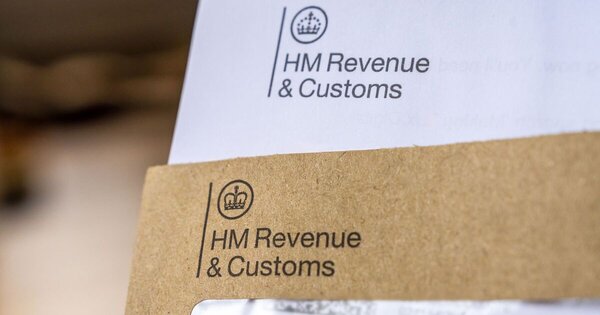LONDON, Sept 24 – HM Revenue and Customs (HMRC) has reintroduced powers to seize money directly from taxpayers’ bank accounts for debts above £1,000, sparking warnings from tax experts over fairness and accuracy.
The “direct recovery” powers, first granted in 2015, allow HMRC to recover unpaid bills without court involvement. The scheme was paused during the pandemic but has now been relaunched in a “test and learn” phase after being backed by Chancellor Rachel Reeves in her Spring Statement.
A Treasury spokesperson confirmed that taxpayers would be visited before funds are taken, and that HMRC must ensure at least £5,000 remains in a debtor’s account. Appeals must also be exhausted before action is taken.
“Most people pay tax on time and in full but it’s right that we seek to recover tax from the tiny minority who have the funds to pay, but refuse to,” an HMRC spokesman said, adding that safeguards remain in place.
Experts voice concerns
Some tax specialists have raised alarms about the policy’s potential overreach.
Mike Warburton said: “I am very concerned about this development. Clearly taxpayers should pay the tax that is properly due, but I do not have the confidence that HMRC will always get it right.”
Dawn Register, head of tax dispute resolution at BDO, called the measure “draconian,” warning that individuals in financial difficulty could be caught unfairly. “The relaunch of this draconian power underlines how important it is not to stick your head in the sand and ignore HMRC demands,” she said.
Background on powers
A 2019 report suggested direct recovery could generate £178m in additional revenue. In practice, however, it was rarely used, with just 19 cases recorded between April 2016 and December 2018, raising £361,678.
The move comes as the Government explores wider measures to strengthen tax collection. In August, HMRC admitted it was using artificial intelligence to monitor taxpayers’ social media accounts.
New rules for savers
From April 2027, banks will be required to collect National Insurance numbers from new and existing savings customers. This will allow HMRC to identify taxpayers exceeding their personal savings allowance, enabling savings tax to be deducted directly from pay packets without requiring self-assessment.
Wider crackdown on fraud
The Department for Work and Pensions (DWP) is also set to gain new inspection powers under the Public Authorities (Fraud, Error and Recovery) Bill, which returns to the House of Lords in October. The legislation will allow the DWP to examine benefit claimants’ bank accounts for signs of fraud or administrative error.
A DWP spokesman stressed that officials will not have “direct access” to accounts and that safeguards and independent oversight will apply.
Balancing enforcement and fairness
While ministers argue the measures will target those who can afford to pay but deliberately avoid doing so, critics warn the expansion of direct recovery could erode trust in HMRC.
“HMRC needs to strike the right balance between supporting businesses and individuals in genuine financial difficulty, while being assertive with those who can afford to pay but choose not to,” Register said.
HMRC plans to refine its risk-assessment algorithms to target high-risk profiles. Officials say automated screening will reduce burdens on compliant taxpayers. A Finance Ministry insider said further regulations may cap retrospective data requests at three years.
The draft amendment is expected in the 2026 Finance Bill, the insider added. HMRC will publish its first annual review of Schedule 36B use by March 31, 2026, offering lawmakers an opportunity to assess the regime’s effectiveness.











